Climate Point: Greta Thunberg talks coronavirus, and jaguars may get fenced out of U.S.
Welcome to Climate Point, your weekly guide to climate, energy and environment news from across the Golden State and the country. From Palm Springs, Calif., I’m Mark Olalde.
The third phase of the coronavirus bailout package has changed by the hour this week, but it looks like the energy sector — including both oil as well as renewables — might miss out on the largesse for now, according to Politico.
Coronavirus and the response to it continue to dominate the news cycle. But power players in Washington, D.C., are still at work rolling back environmental regulations. The AP reports that "the Trump administration is rejecting appeals to slow its deregulatory drive while Americans grapple with the coronavirus." Actions on the table range from reducing protections for migratory birds to changing how the federal government uses scientific research in rulemaking processes.
Here's some other important reporting...
MUST-READ STORIES
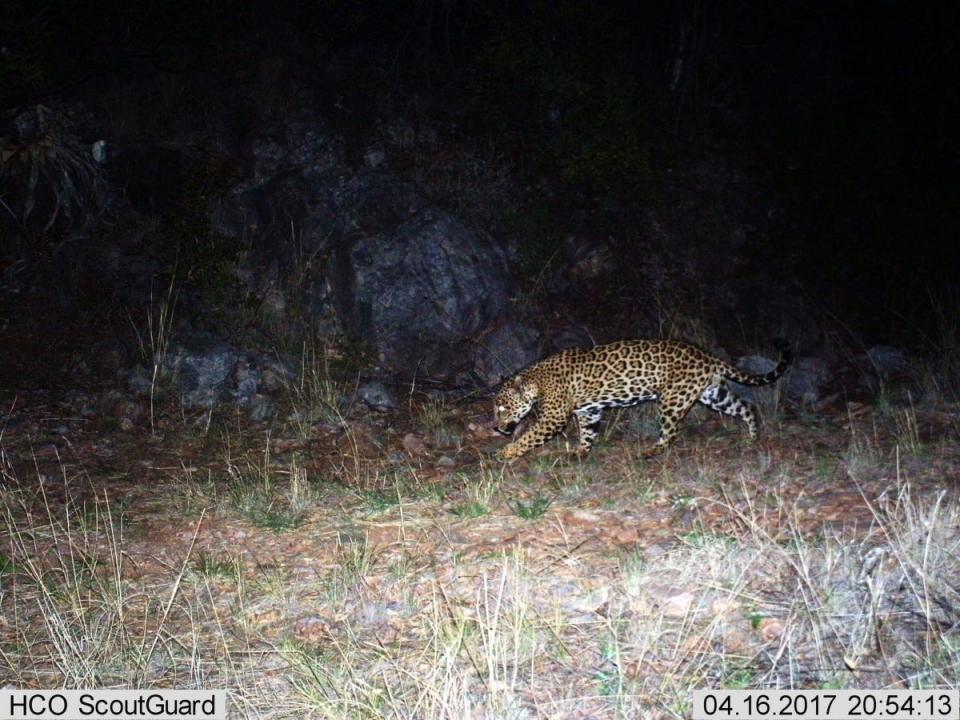
Walling off the corridor. For The Desert Sun, I recently reported on President Donald Trump's full-steam-ahead push for border fence construction before his term ends. The Department of Homeland Security approved construction along 177 miles of the border, in the process brushing aside federal laws — dozens of them. These range from the Endangered Species Act to the Native American Graves Protection and Repatriation Act. Environmentalists say the construction will cut off the last cross-border wildlife corridors used by jaguars. The government did not respond to requests for comment.
It's gettin' hot in here. USA Today has the latest news on rising temperatures and how they threaten our current way of life. Doyle Rice writes that a new study found a huge glacier in Antarctica retreated three miles in just over two decades. If it completely melts, the world is looking at five feet of sea level rise. And NBC reports that, as the mercury continues its upward march, the Great Barrier Reef has been savaged by a third devastating bleaching event in five years.
Pipeline fights march on. Highlighted by the dramatic showdowns at Standing Rock in 2016, the charged battle over the Dakota Access pipeline has continued on quietly in the ensuing years. The Guardian reports that environmentalists scored a victory this week as a federal court ordered a new environmental review be completed.
POLITICAL CLIMATE
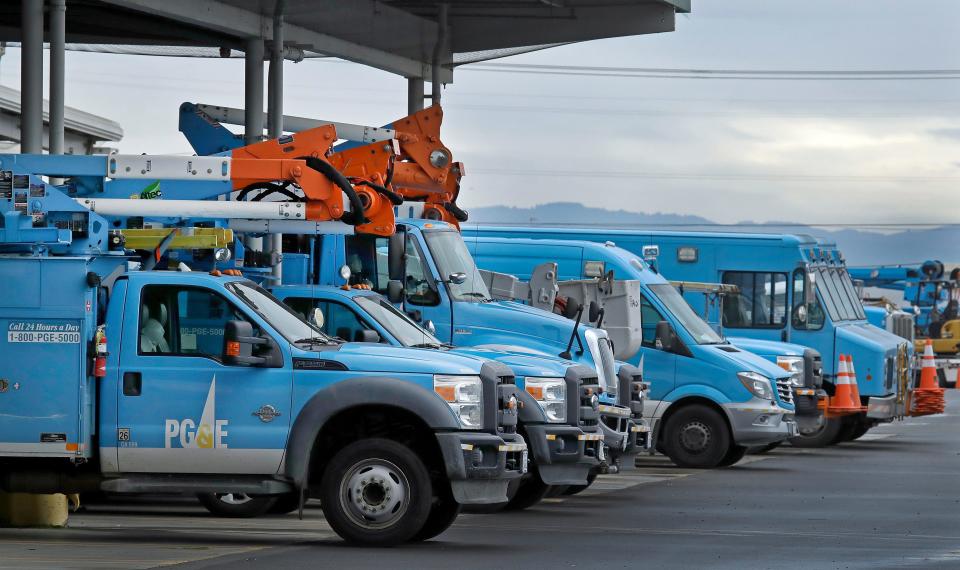
PG&E pleads guilty. The Los Angeles Times reports that PG&E, the major utility in Northern California, took a guilty plea that includes 84 counts of involuntary manslaughter connected to the 2018 Camp Fire. The decision will likely halt the state from filing additional criminal charges. But, some observers are hopeful that this will push utilities in the West to invest more heavily in fire prevention because it enforced precedent saying utilities are liable for at least some damage caused by fires they triggered.
A legal roundup. The Natural Resources Defense Council and the Pesticide Action Network North America sued the EPA over its continued approval of glyphosate, the main chemical in Roundup, the most widely used herbicide in the country. While opponents of the weed killer argue that it has been linked to cancer, the agriculture industry says that taking it off the shelves would severely restrict farmers' ability to protect crops.
Lockdown. In Columbia, several activists have been slain as shelter-in-place orders expand in an effort to quash the spread of the coronavirus, according to The Guardian. Activists fighting against industrial-scale agriculture and illegal mining have been among those targeted. The British paper reported that one lands advocate said: "I've been getting more death threats since everyone started talking about coronavirus."
THE PANDEMIC CONTINUES
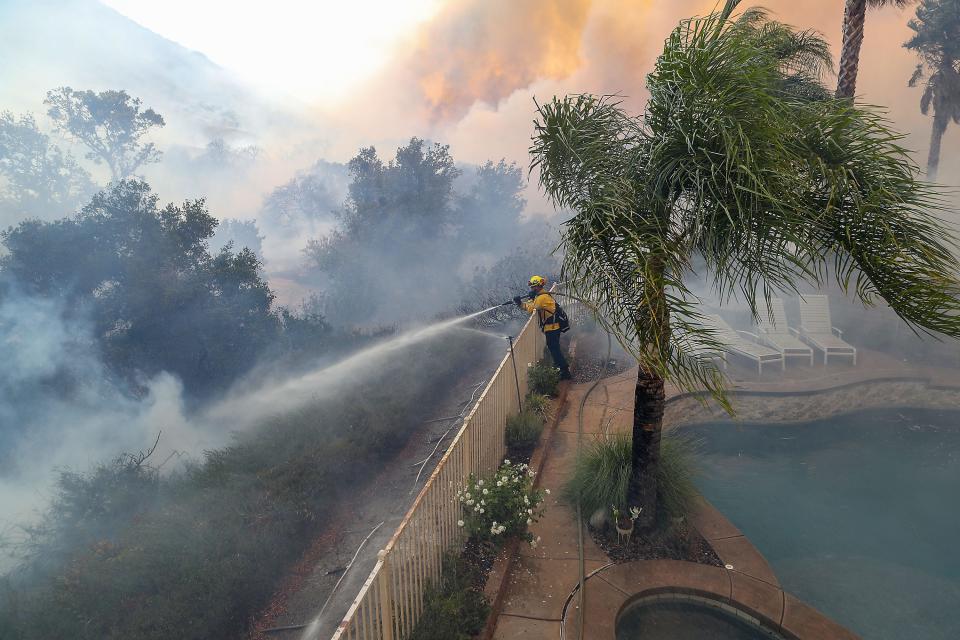
The Forest Service didn't start the fire. In an attempt to reduce air pollution amid the spread of the coronavirus — which can bring severe respiratory issues — the Forest Service called off all new prescribed burns for the foreseeable future. The problem, though, is these burns go a long way in fighting certain types of wildfires. This week, I took a look at the delicate decision that pits risks from wildfires and the virus against each other.
At-risk activists. Greta Thunberg, the Swedish student who ignited the Fridays for Future climate change strikes, said she likely tested positive for coronavirus, the New Scientist reports, emphasizing how far the virus has spread around the world. And speaking of environmental advocates in quarantine, Jane Goodall is social distancing, too. The New York Times wrote up her thoughts on these strange times, and her reflections are definitely worth a read.
Intersectionality. Environmental injustice can be a complicated topic, but at its core, it means that already disadvantaged communities are often doubly impacted by environmental woes. DeSmogBlog is out with an interesting look at how the coronavirus is causing all sorts of problems in "Cancer Alley," a region outside New Orleans where a largely black population lives amid chemical plants.
AND ANOTHER THING
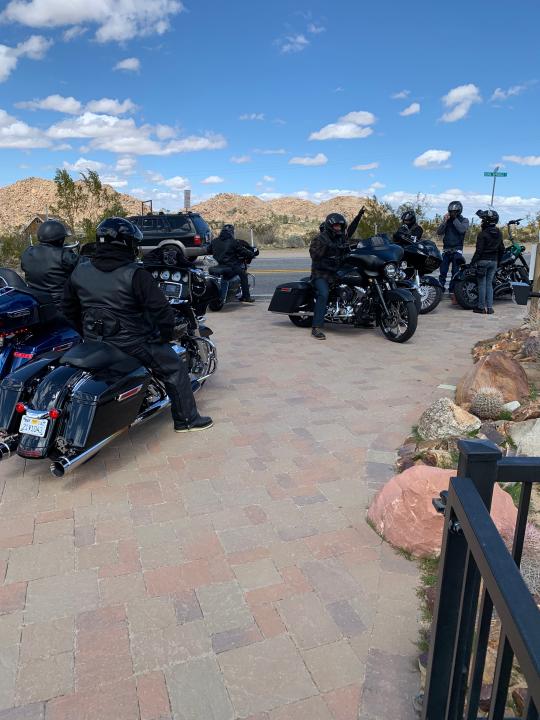
Has outside been closed? As the world struggles to manage the spreading coronavirus, the use of nature as a safe escape to practice social distancing has emerged as a point of contention. It seems more and more like we'll need to grin and bear it at home, not in beautiful national parks. The reason is too many people have the same idea, and they're traveling to rural communities with only small hospital systems that are likely to be dangerously overrun if the virus shows up at their doorstep. At The Desert Sun, we've seen this play out at Joshua Tree National Park, where roads were closed, sparking tensions. On the other side of town, vacation spots have urged tourists to go home, telling them, "You put the entire community at risk."
Scientists agree that to maintain a livable planet, we need to reduce the atmospheric carbon dioxide concentration back to 350 ppm. We’re above that and rising dangerously. Here are the latest numbers:
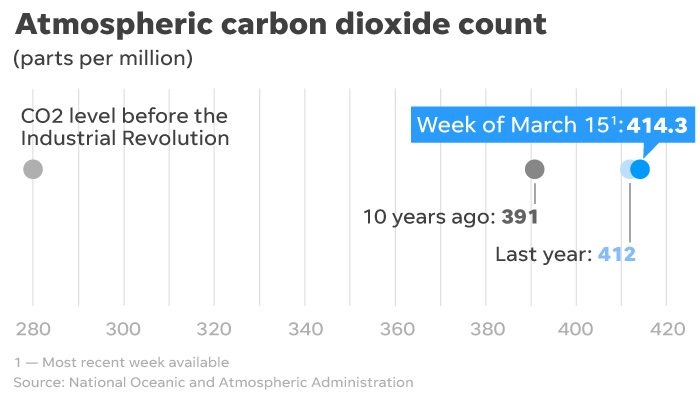
That’s all for now. Don’t forget to follow along on Twitter at @MarkOlalde. You can also reach me at molalde@gannett.com. You can sign up to get Climate Point in your inbox for free here. And, if you’d like to receive a daily round-up of California news (also for free!), you can sign up for USA Today’s new In California newsletter here. Cheers.
This article originally appeared on USA TODAY: Climate Point: Deregulation keeps winning as coronavirus steals our attention

